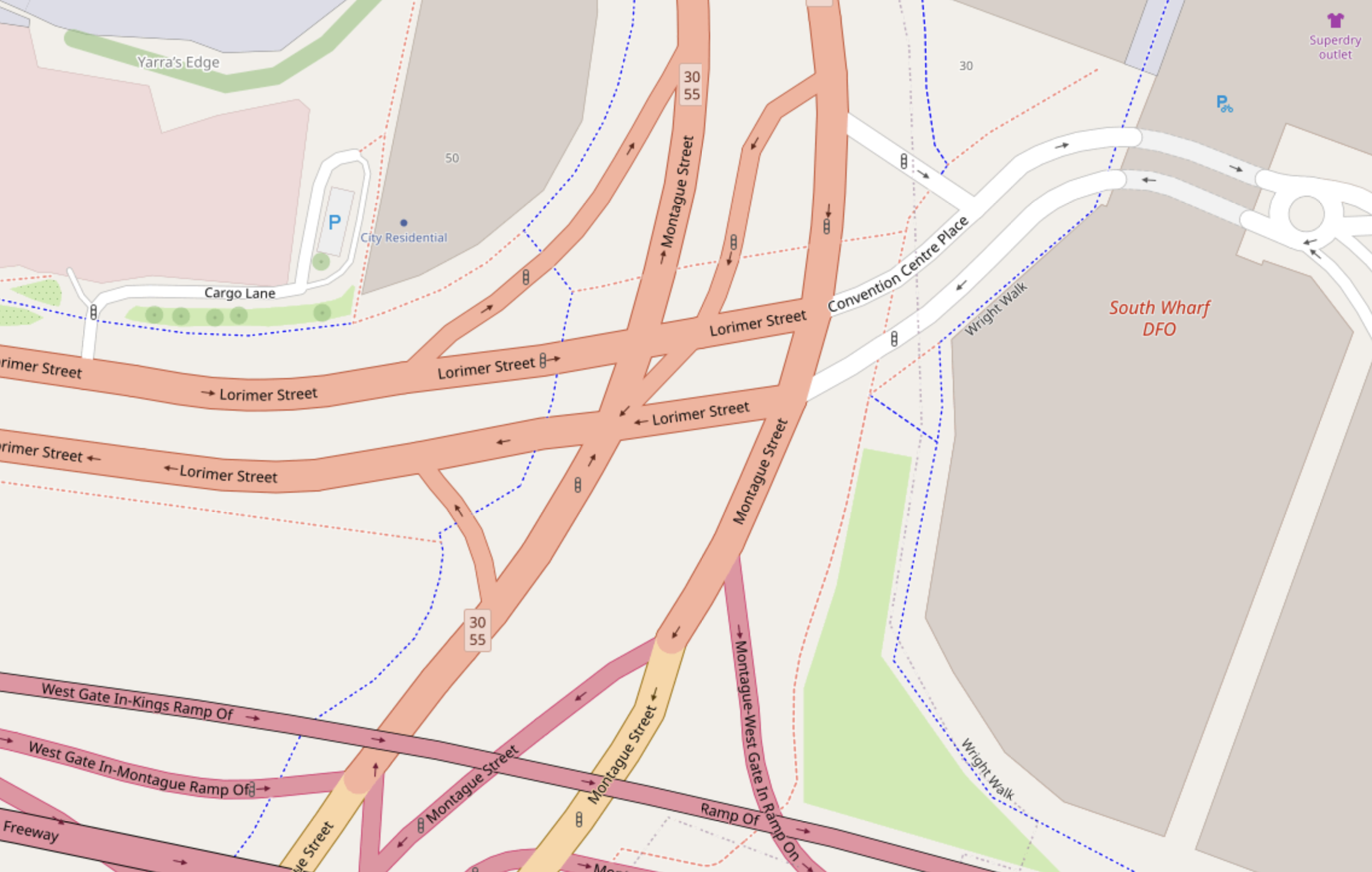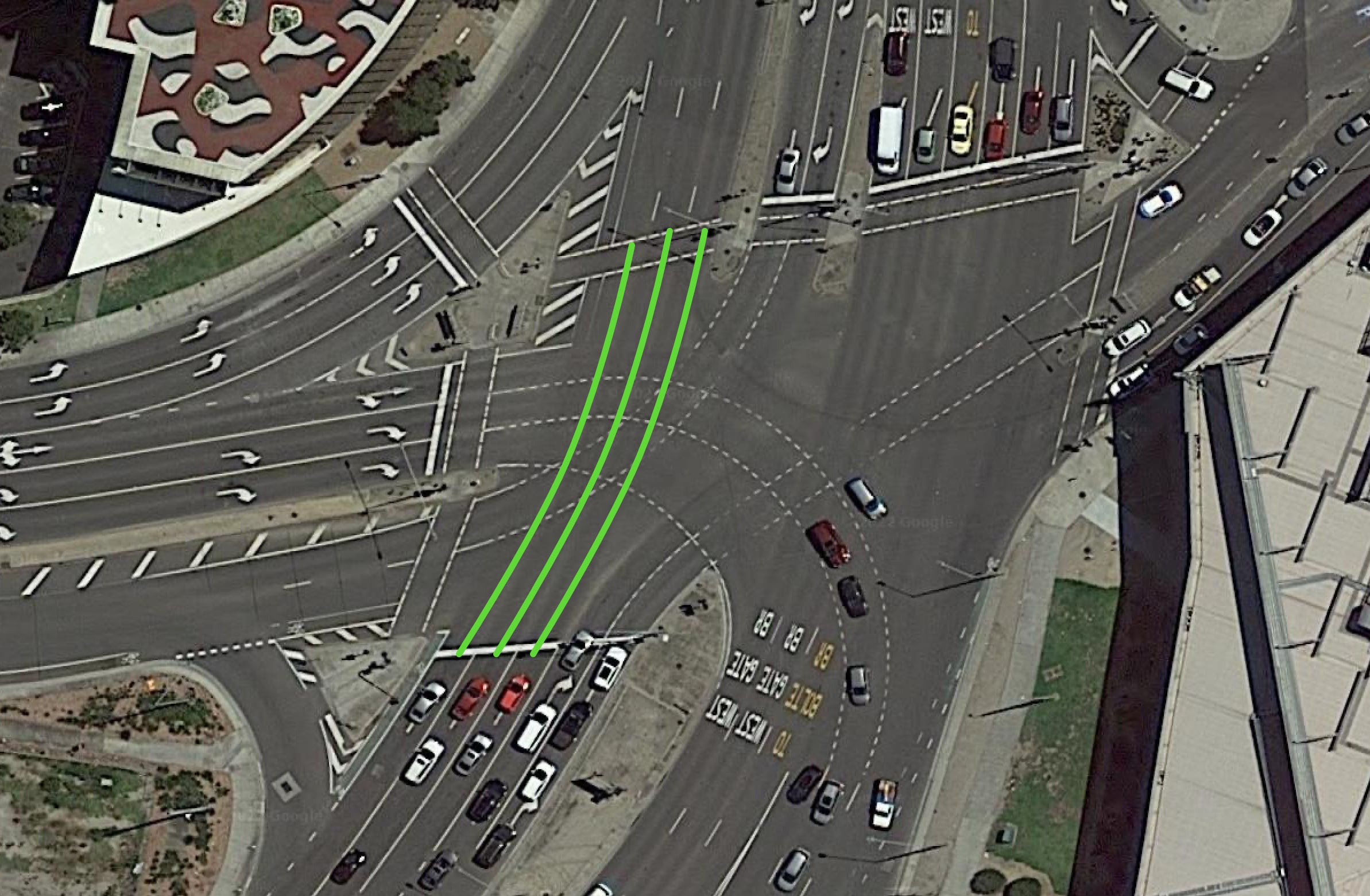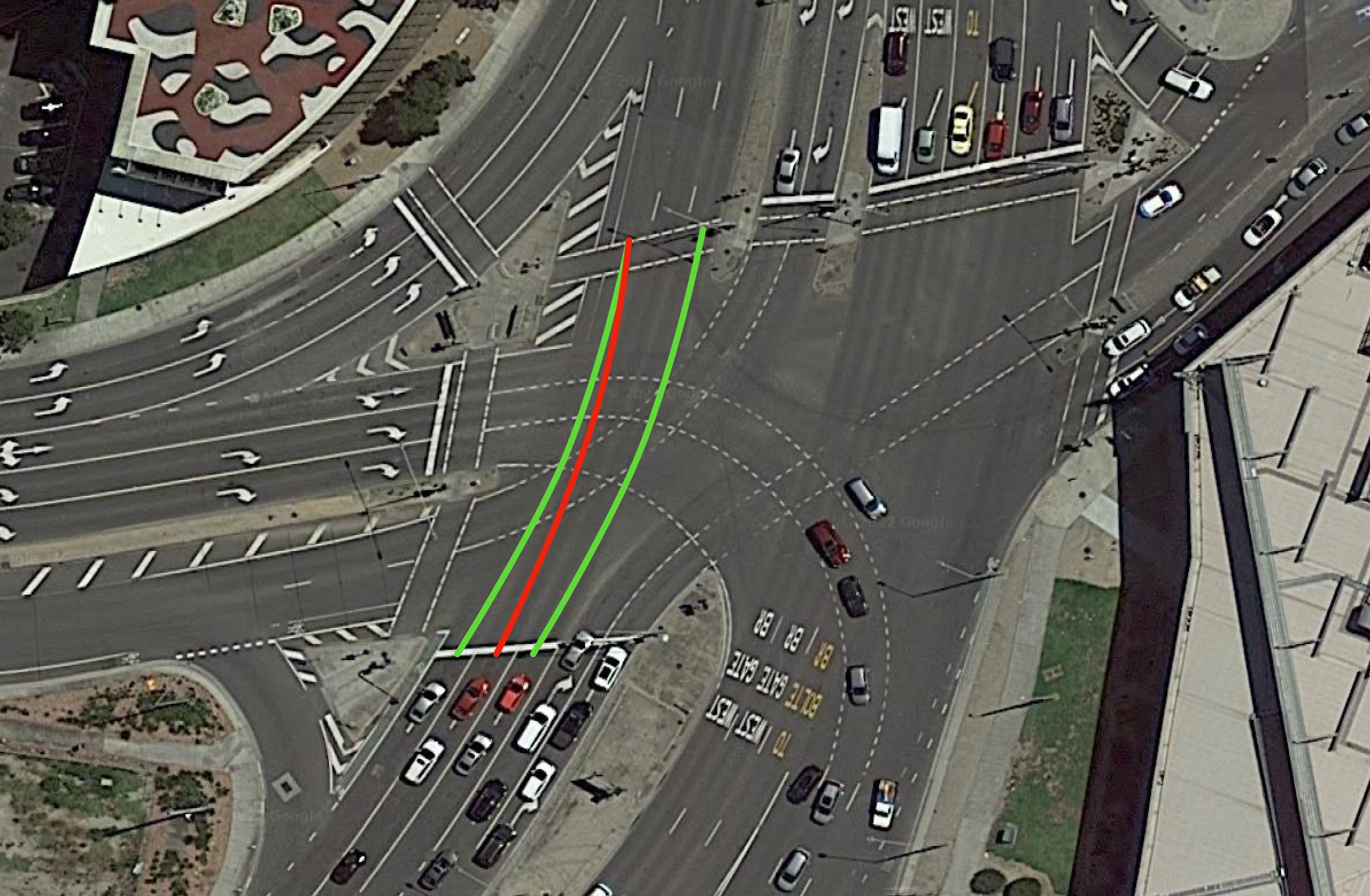My blog platform is dying
Did you notice that the code block in my last post doesn’t have syntax highlighting (here’s what the code block should look like)? Yeah, true to form I haven’t done anything about replacing or upgrading the generator used to create this site.
My Ruby 2.6.9 (de-supported for well over a year now) installation broke and I can’t build it on my arm64 Mac any more. The smallest possible upgrade I could make to get back into supported-Ruby-land was to version 2.7.7. Octopress was able to generate pages on that version, albeit with a tonne of deprecation warnings.
But Pygments 0.6 - which is used to add the code highlighting - refuses to play nicely with Ruby 2.7.7. That version of Pygments is a dependency of Jekyll 2, and I can’t upgrade Jekyll because Octopress 2 depends on Jekyll 2.
Installing Python 2 might help, but Homebrew doesn’t have a Python 2 formula any more. My code blocks use Python 3 syntax anyway.
This is absolutely on me - I’ve let this thing rot for so long that it doesn’t feel like there’s any way back now 😕


